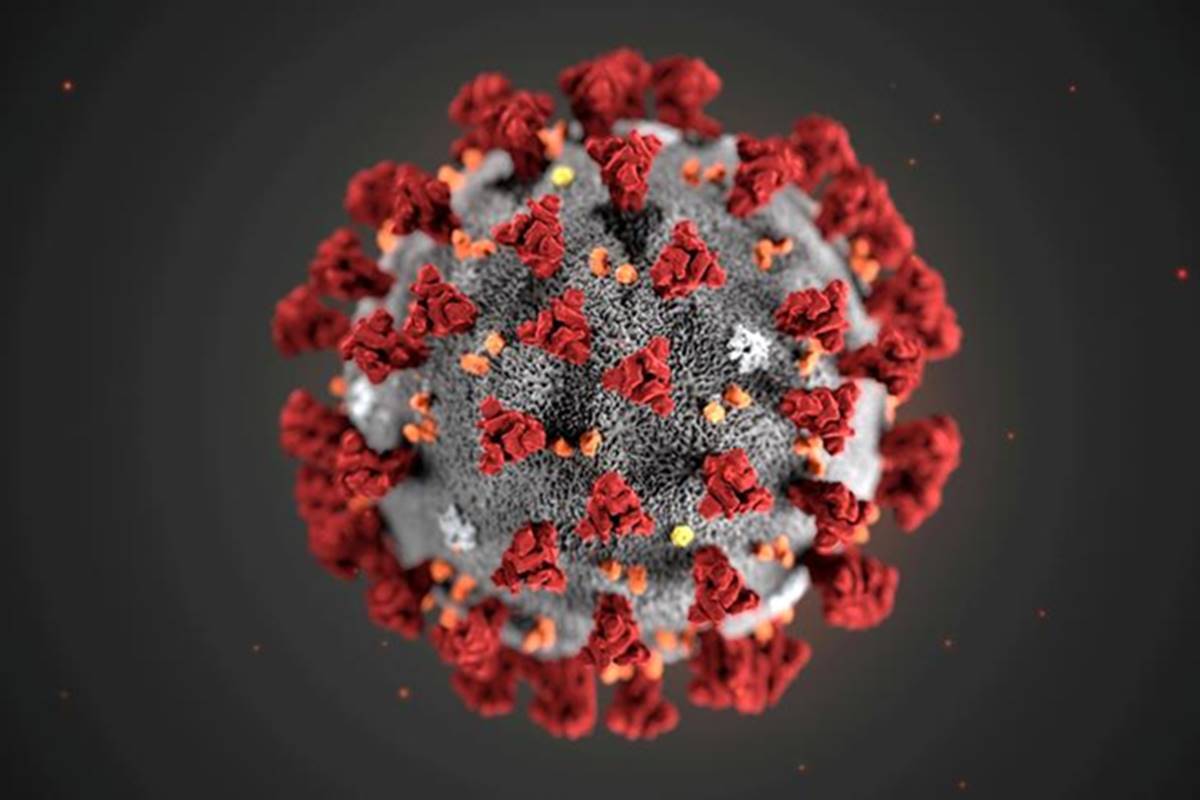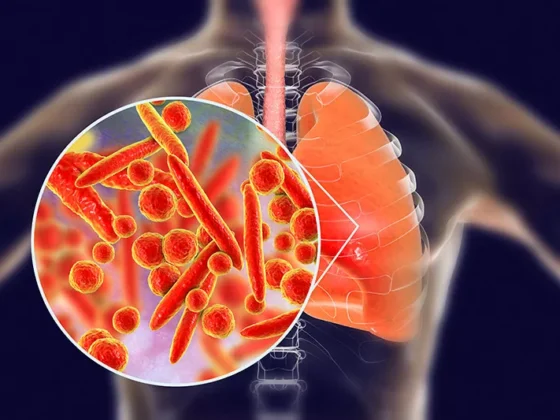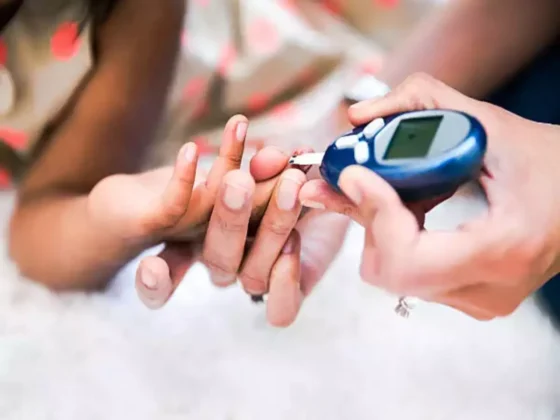 Dr. Apurva Satish Amarnath, Fertility Consultant, Nova IVF Fertility, Bangalore
Dr. Apurva Satish Amarnath, Fertility Consultant, Nova IVF Fertility, Bangalore
What is PCOS?
PCOS, or polycystic ovarian syndrome, is a hormonal condition which is actually a multisystem disorder, in which one of the reproductive symptoms is irregular periods which means the women isn’t ovulating regularly. Despite what the name polycystic ovary syndrome implies, PCOS is more than just a reproductive system disorder that does not go away after reproductive years or a hysterectomy. PCOS and its comorbid conditions can have an impact on the brain, skin, liver, pancreas, blood vasculature, and other organs and systems in the body. The complex interactions between genetics, hormones, and the environment also have an impact on mental health in people with PCOS.
What are the symptoms of PCOS?
• irregular periods
• acne
• losing weight
• difficulty in conceiving
• more facial or body hair
• reduced fertility
• skin tags
Is PCOS connected with mental health?
PCOS is connected to higher rates of depression, anxiety, and other mental health issues in women. The difficulty in receiving a diagnosis, as well as the challenges that come with it are higher rates of diabetes, heart disease, infertility, hirsutism which is excessive hair growth, and weight gain. This may lead to women with PCOS being vulnerable to feelings of depression and anxiety affecting their mental health.
Of course, not all women with PCOS have mental health issues, but dealing with symptoms of the condition, such as weight gain and acne, can be extremely distressing – especially when society portrays beauty as being slim and hairless.
Is PCOS connected with other health problems?
Before the age of 40, more than half of women with PCOS will have diabetes or prediabetes, high blood pressure, higher LDL cholesterol levels, and lower HDL cholesterol levels. This increases your chances of developing heart disease and having a stroke. Many PCOS women are overweight or obese, which can lead to sleep apnoea which also increases your chances of developing heart disease and diabetes. Depression and anxiety are common in PCOS women.
Endometrial cancer is a type of cancer that causes issues related to ovulation, obesity, insulin resistance, and diabetes. All of which are common in PCOS women and increases the risk of developing endometrial cancer.
How do PCOS fertility issues affect mental health?
Finding out that they are having fertility issues can be a real shock, and feelings of guilt and failure are not uncommon, body image issues, low levels of self-confidence, etc.
Mental health is impacted by any chronic condition. There is currently no cure for PCOS, and women must live with their symptoms every day. The mental health of a woman is frequently impacted by the sheer weight of the ongoing battle.
Body image issues are also a major concern as women are confident when they maintain a proper weight and look fit. Women with PCOS having issues with weight can make them feel uncomfortable. It’s even more complicated because symptoms like difficulty getting pregnant can have a negative impact on mental health. Other PCOS-related issues, such as excessive hair growth and acne, can also contribute to low self-esteem.
Conclusion
PCOS has revealed devastating effects on women with the condition where they are more likely to suffer from mental health issues. It also leads to stress, depression, anxiety, or mood change. Therefore, it is important for women and girls with polycystic ovary syndrome to receive mental and emotional support as part of their health care and management. Having a chronic condition is difficult for anyone’s mental health, especially if the illness is mysterious or perceived to have established control over one’s body.
Because the exact cause of PCOS is not known, there is no cure for it. But symptoms can be managed with the help of medication, surgery, exercise, diet, lifestyle change, losing weight, etc.











